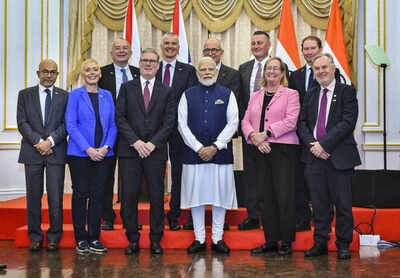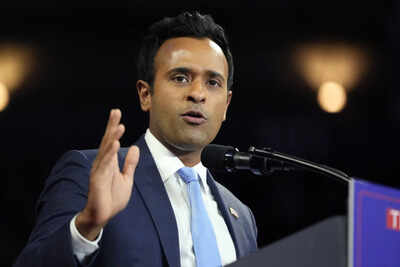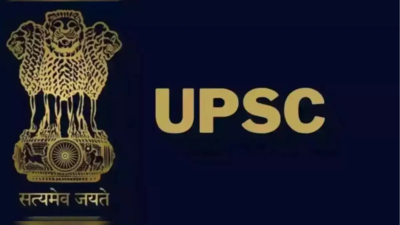Which UK universities are planning to open campuses in India?

Prime Minister Narendra Modi and UK Prime Minister Keir Starmer have announced that nine British universities will be opening campuses in India, marking a major milestone in bilateral academic collaboration. This initiative not only strengthens India-UK educational ties but also offers Indian students unprecedented access to world-class higher education within the country.Speaking at a joint press event in Mumbai, UK PM Starmer said, “The demand for the best quality higher education is very high. I am really pleased to announce that more British universities will be setting up campuses in India, making Britain India’s leading international provider of higher education and delivering on our vision 2035.”
UK universities opening campuses in India
While the full list of all nine universities has not yet been disclosed, five universities have been specifically named:
University of Southampton – Gurugram (already operational)University of Liverpool – BangaloreUniversity of York – Mumbai- University of Aberdeen – Mumbai
University of Bristol – Mumbai (Enterprise Campus, opening Summer 2026)
Additionally, the University of Lancaster and University of Surrey have received approval to set up new campuses in Bengaluru and Gujarat’s GIFT City, respectively. While Queen’s University Belfast has already launched its campus in GIFT city, Coventry University, and Imperial College London, are expanding their India presence through partnerships, research collaborations, and innovation hubs.These campuses will offer undergraduate and postgraduate programs identical to those offered in the UK, ensuring students receive the same global-standard curriculum and degrees. Students will also have opportunities for international exposure through collaborations, joint research, and exchange programs with the parent UK institutions.
Opportunities for Indian students and workforce
British universities’ India push is expected to generate thousands of skilled jobs and burnish the UK’s global standing. Prime Minister Starmer highlighted that these initiatives “strengthen the ties between our two countries while pumping millions back into our economy and supporting jobs at home.”The plan also targets deeper science and technology links. Joint campuses, research tie-ups and industry partnerships are designed to co-develop new technologies and address shared challenges, while expanding training pipelines for high-demand talent in both countries.
Expanding academic footprint
According to the official press release published by the UK Government, Britain’s push into India’s higher-education market could deliver a £50 million lift to the U.K. economy and “support thousands of high-skilled jobs” across teaching, research and administration, according to an official press release published by the UK government. It also says that India currently has about 40 million university students, with demand projected to reach 70 million by 2035—capacity that U.K. institutions aim to serve by offering British-standard degrees on Indian soil. International education already generated “over £32 billion” in export revenue for the U.K. in 2022, including nearly £1 billion from overseas branch campuses, underscoring the commercial stakes of the India expansion, the government release said.
Strategic importance for India and the UK
British campuses in India give students access to UK-quality degrees without the airfare, while Britain’s universities secure steady revenue and renewed global relevance. Soft power isn’t a slogan here, it’s built class by class, lab by lab.The promise is in the pipeline. Joint centres that move from research to rollout—fintech sandboxes, health-tech pilots, climate solutions, smarter urban systems—can turn capstone projects into companies. But the fine print matters: Transparent IP rules, real industry internships, and measurable outcomes, not glossy MoUs.Fold it into India–UK Vision 2035 and the bet becomes clearer: Treat education as infrastructure. Done well, it stitches together talent, research and enterprise, widens access at home, and exports credibility abroad. The test, as ever, is delivery—less ceremony, more classrooms that change lives.





